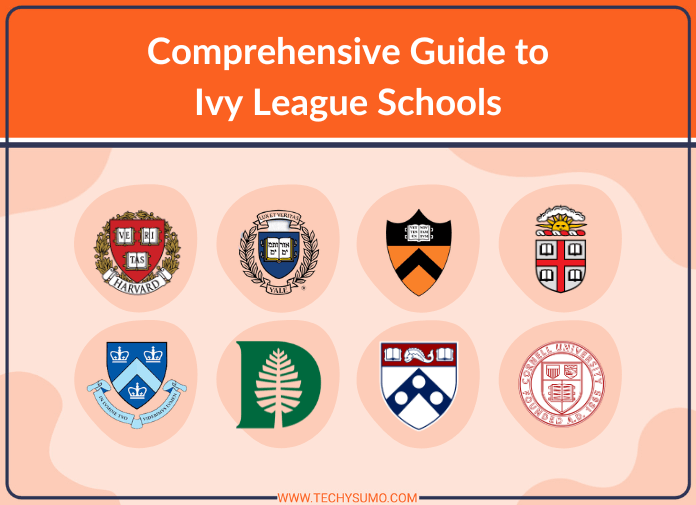
As you explore your options for graduate studies, the Ivy League schools likely stand out due to their prestigious reputations, rigorous academics, and influential networks. These institutions, which include Harvard, Yale, Princeton, Columbia, Brown, Dartmouth, the University of Pennsylvania, and Cornell, offer unique advanced study and research opportunities.
Table of Contents
Detailed Overview of Each Ivy League School
Harvard University

Location: Cambridge, Massachusetts
Founded: 1636
Motto: Veritas (Truth)
Harvard is a powerhouse for graduate education across many disciplines, from the Harvard Business School to the Kennedy School of Government. You’ll benefit from vast resources, extensive research facilities, and a global network of alumni.
Yale University

Location: New Haven, Connecticut
Founded: 1701
Motto: Lux et Veritas (Light and Truth)
Yale offers a rich graduate experience, especially in fields like law, management, and the arts. Its interdisciplinary approach and supportive community provide a fertile ground for innovative research and professional growth.
Also Read
Princeton University
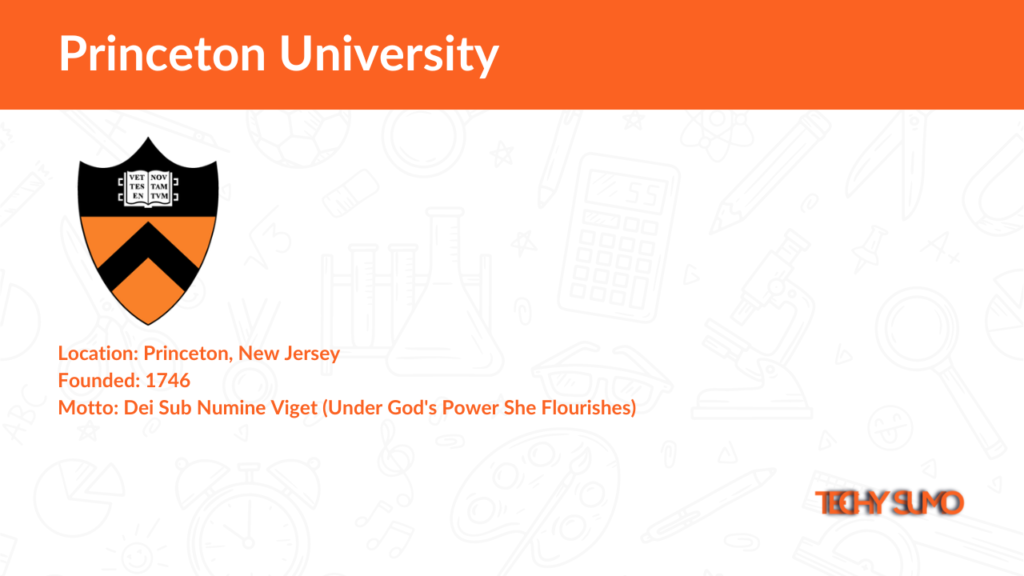
Location: Princeton, New Jersey
Founded: 1746
Motto: Dei Sub Numine Viget (Under God’s Power She Flourishes)
Princeton emphasizes a high level of interaction between faculty and graduate students, particularly in the humanities, social sciences, and natural sciences. The small, focused graduate programs ensure you receive individualized attention and mentoring.
Columbia University
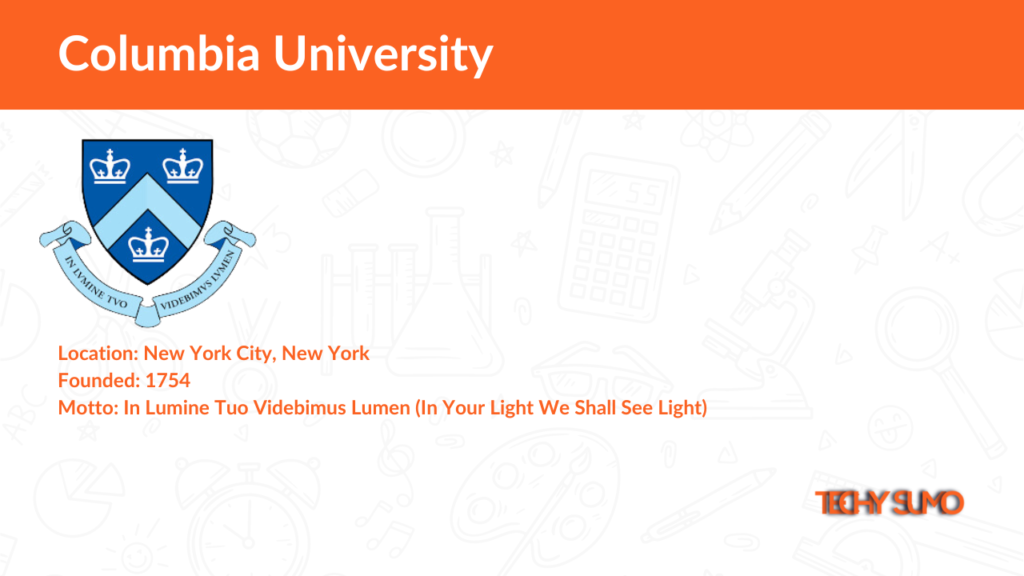
Location: New York City, New York
Founded: 1754
Motto: In Lumine Tuo Videbimus Lumen (In Your Light We Shall See Light)
In the heart of New York City, Columbia provides unmatched opportunities in fields like journalism, business, and international affairs. The urban setting enhances your academic experience with access to diverse professional and cultural activities.
Brown University

Location: Providence, Rhode Island
Founded: 1764
Motto: In Deo Speramus (In God We Hope)
Brown’s open curriculum extends to its graduate programs, fostering interdisciplinary study and research. Whether you’re in the sciences or humanities, Brown’s collaborative environment encourages intellectual exploration and innovation.
Dartmouth College

Location: Hanover, New Hampshire
Founded: 1769
Motto: Vox Clamantis in Deserto (A Voice Crying Out in the Wilderness)
Dartmouth’s intimate setting is ideal for graduate students seeking a close-knit community and access to substantial resources. Its Tuck School of Business and Thayer School of Engineering are renowned for fostering practical and theoretical knowledge.
University of Pennsylvania
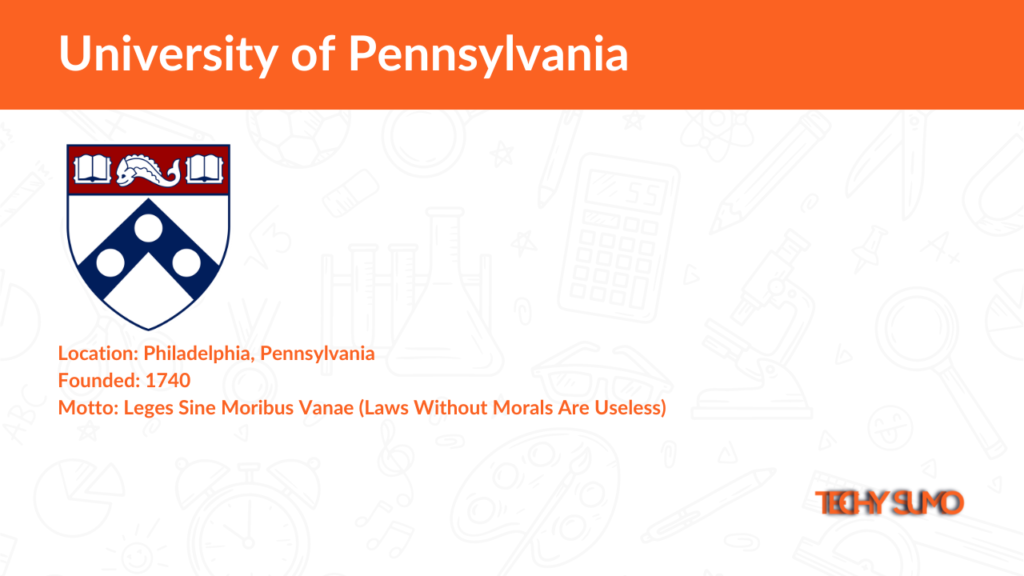
Location: Philadelphia, Pennsylvania
Founded: 1740
Motto: Leges Sine Moribus Vanae (Laws Without Morals Are Useless)
Penn is known for its interdisciplinary approach, integrating practical and theoretical knowledge across its schools. The Wharton School and the School of Medicine programs are particularly prestigious, providing strong career and research opportunities.
Cornell University
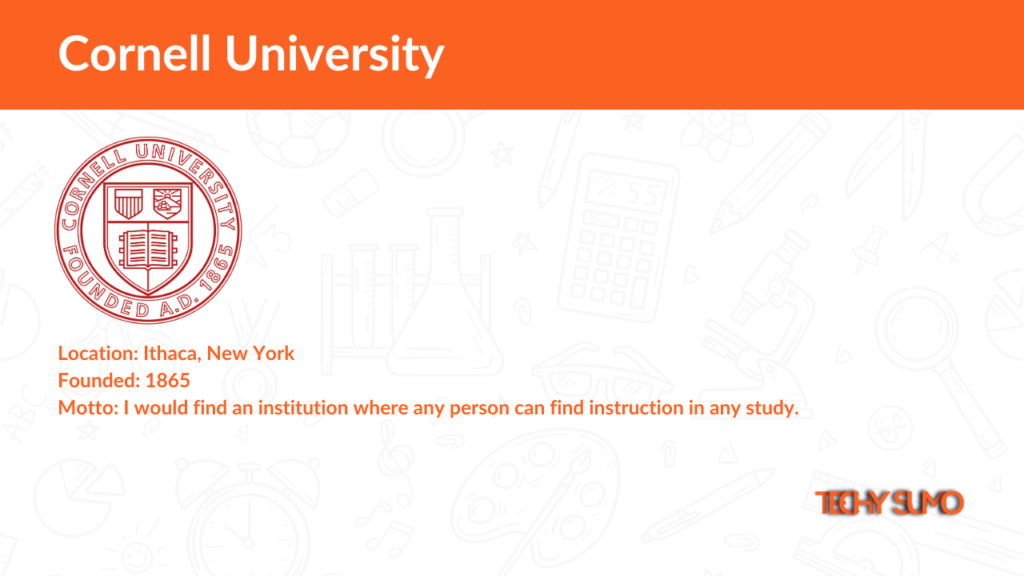
Location: Ithaca, New York
Founded: 1865
Motto: I would find an institution where anyone can find instruction in any study.
Cornell’s broad range of graduate programs, from agriculture to engineering, reflects its commitment to diversity and innovation. The university’s strong emphasis on public engagement and research makes it a standout choice.

Admissions: How to Get Into an Ivy League School
Academic Excellence
A strong academic record is a must. For graduate students, this means maintaining a high GPA in your undergraduate studies and excelling in your chosen field. Admissions committees look for intellectual curiosity and the ability to tackle challenging coursework.
Standardized Test Scores
Competitive GRE, GMAT, or other relevant test scores are often required. Each program has its specific requirements, so check the exact criteria for your field of study.
Research Experience
Significant research experience can set you apart. Engage in research projects, publish papers, and seek internships or positions allowing you to contribute to your field. This demonstrates your readiness for graduate-level work.
Personal Statements
Crafting a compelling personal statement is critical. Clearly articulate your research interests, career goals, and why you’re interested in a particular program. This is your chance to show your passion and fit for the program.
Letters of Recommendation
Strong letters of recommendation are essential. Choose recommenders who know your work well and can speak to your abilities and potential. Their endorsements should highlight your strengths and readiness for advanced study.

Life at an Ivy League School
Academic Life
Expect rigorous academics and access to extensive resources. Graduate programs offer small class sizes and close mentorship from faculty. You’ll engage in cutting-edge research and benefit from well-funded libraries and labs.
Social Life
The social scene is vibrant and diverse. Graduate student organizations, cultural groups, and events provide opportunities to connect with peers. There’s something for everyone, whether you’re into sports, the arts, or professional development.
Career Opportunities
Ivy League schools offer robust career services, including exclusive job fairs, networking events, and alumni mentorship. These resources are designed to help you seamlessly transition from graduate school to your professional career.
Financial Aid and Scholarships
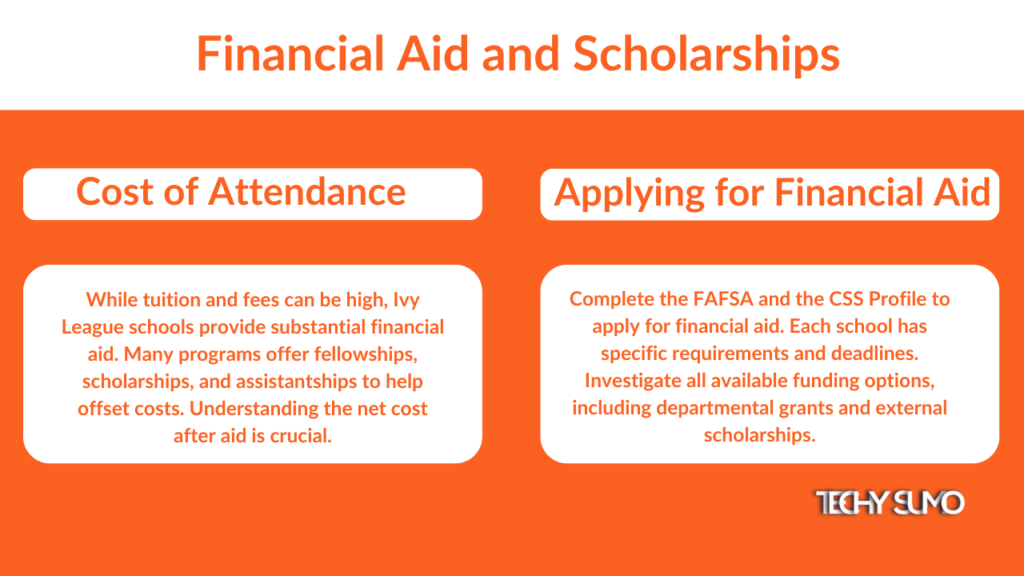
Cost of Attendance
While tuition and fees can be high, Ivy League schools provide substantial financial aid. Many programs offer fellowships, scholarships, and assistantships to help offset costs. Understanding the net cost after aid is crucial.
Applying for Financial Aid
Complete the FAFSA and the CSS Profile to apply for financial aid. Each school has specific requirements and deadlines. Investigate all available funding options, including departmental grants and external scholarships.

Alumni Success Stories
Influential Alumni
Graduates from Ivy League schools have made significant impacts in various fields. From Nobel laureates to CEOs, Ivy League alumni have a track record of success and leadership.
Networking Opportunities
The alumni networks are powerful. As a graduate student, you’ll have access to a vast network of professionals who can provide mentorship, job opportunities, and support throughout your career.
Conclusion
Pursuing graduate studies at an Ivy League school can be a transformative experience. With their rich histories, academic excellence, and supportive communities, these institutions provide a unique platform for advanced learning and professional development.
By understanding each Ivy League school’s strengths and admissions processes, you can better prepare to embark on this prestigious academic journey. Take advantage of their opportunities, and you’ll be well on your way to achieving your career goals.


